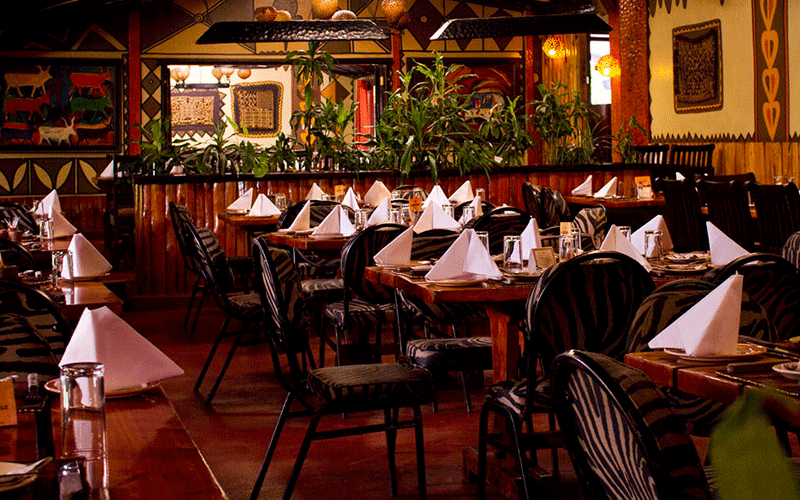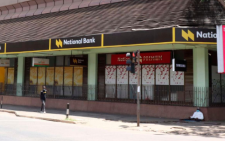Agony as Covid cuts lifeline for funeral fundraising joints

The novel coronavirus pandemic continues to keep many nations on their knees.
In its short life, it has not halted the world economy, killed hundreds of thousands of people but also stopped Kenyans from their crazy habit of giving more funds for burial than they do for treatment of affected individuals.
In towns such as Nairobi, it has stopped the entrenched cultural bond which appears to respect no ethnic boundaries as Kenyans huddle in groups daily after work hours to raise millions of shillings for funeral expenses.
The ban on public gatherings, social distancing, and requirements crowned by curfew means that these funeral harambees fundraising joints remain out of business indefinitely, further cutting off a lifeline for restaurants.
Previously on a daily basis from Monday to Friday these outlets were usually beehives of activities raking hundreds of thousands of shillings and hundreds of millions annually to host these activities.
The most popular and oldest joints hosting these activities in Nairobi until the Covid-19 lockdown orders by the government included Garden Square on the fringes of Kenyatta International Convention Centre (KICC).
Others are Magomano Hotel on Tom Mboya Street, the Nairobi Railways Club next to Uhuru Park off Haile Selassie Avenue and even the KICC itself.
According to the operators from these meeting places, they used to rake daily an average of Sh100,000 to more than Sh250,000 or more depending on the prevailing circumstances that may push demand for meeting spaces high.
“With the emergence of coronavirus all these went up in the air within a single day, leave alone having to close down the bar and restaurant services from which we are still counting heavy losses that might take years to recover from while others may never,” said an operator in Nairobi
Armstrong Kasuku, the proprietor of Garden Square Restaurant, added that hundreds of bereaved families or those with intent to conduct all kinds of harambee used to throng the restaurant from morning and by mid-day there would be no space left for any other group.
Estimated number
He said those seeking space could indicate the size and estimated number of people to be accommodated and this could be fixed with every area specified so that those attending could not get lost.
Kasuku said most of his customers were mainly from Western Kenya, parts of Rift Valley, Nyanza and even coastal regions.
As a result of this, he added Garden Square became a booming centre for these meetings.
“Following the last directives concerning restaurants we have complied to ensure proper social distancing of our customers.
However, things are no longer the same as business is no longer booming – customers conducting funeral fundraising have simply disappeared as the few only come in to have meals,” said Kasuku.
Magomano Hotel Manager John Nderitu confirmed that their businesses, especially concerning fundraising grouping completely ground to a halt immediately following the government’s lockdown orders to control the spread of the pandemic.
“We are counting heavy losses each day that these orders remain in force,” he said.
Apart from these meetings that were always fully packed daily affairs, particularly in the evenings to late hours of the night, Nderitu said: “We also served all types of drinks, food and lodges. But today whole place has become like a ghost town,” he added.
Nderitu said on a regular day they used to make at least Sh2,500 to Sh5,000 per reserved table to fundraise and there could be more than 30 to 50 tables reserved in a day, especially from Tuesdays to Fridays and even Saturdays without a single day going by without reservations.












